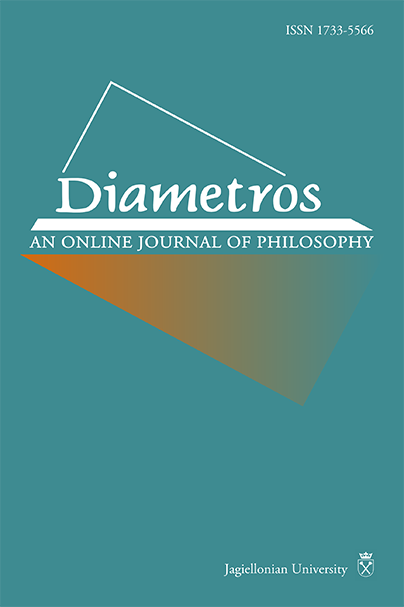Formy profesjonalizmu lekarskiego i ich przydatność w edukacji moralnej studentów medycyny i młodych lekarzy
Forms of medical professionalism and their usefulness in the moral education of medical students and young physicians
Author(s): Kazimierz SzewczykSubject(s): Philosophy, Ethics / Practical Philosophy, Special Branches of Philosophy
Published by: Instytut Filozofii Uniwersytetu Jagiellońskiego
Keywords: traditional medical professionalism; renewed medical professionalism; complex medical professionalism; moral education; E. Erde; J. Gregory; F. Hafferty; T. Percival; H. Swick
Summary/Abstract: In the article I discuss three types of medical professionalism: traditional, renewed and complex. I also discuss cultural, economic and axiological factors that influence their development. I advance the thesis that complex professionalism is of no avail in the moral education of students and physicians, due to its complicated nature and the arbitrary manner of the specification of its components. In the second, part I reconstruct and present some of the advantages and drawbacks to both traditional and renewed professionalism. I attempt to justify the view that the greatest advantage of professionalism lies in its moral ambivalence. A professional physician should be aware of the advantages and disadvantages of professionalism and should be able to properly weigh them under the given circumstances – they should seek Aristotle’s golden mean. In the final part of the article I argue for a moderately optimistic belief regarding the utility of traditional and renewed professionalism in the moral development of medical students and young doctors.
Journal: Diametros
- Issue Year: 16/2019
- Issue No: 62
- Page Range: 33-64
- Page Count: 32
- Language: English, Polish

